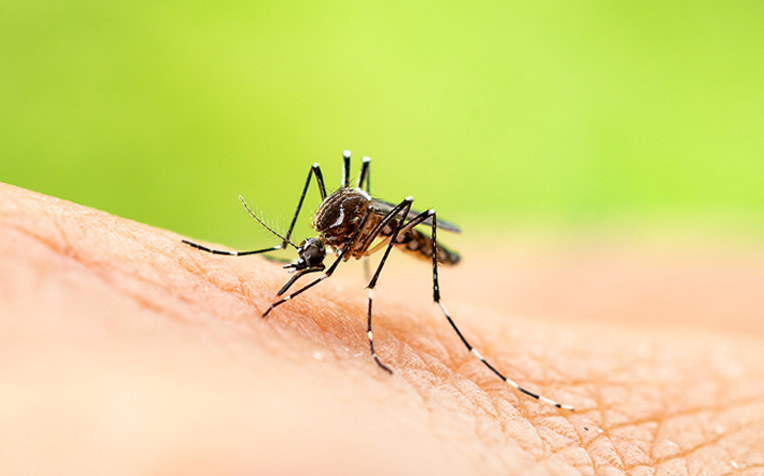
Did you know that Singapore recently recorded it's highest number of dengue cases in a week - a whopping 1,377 cases? This is an increase of 223 cases over in the previous week.
Currently, the NEA puts the total number of dengue cases so far for this year (as of 22 June 2020) at 12,542. If this trend continues, the total number of dengue cases for 2020 is expected to exceed even that of 2013, the largest dengue outbreak in Singapore’s history (22,170 cases).
To safeguard yourself and your loved ones from the harmful Aedes mosquito,
Dr Chua Ying Ying, Consultant from the
Department of Infectious Diseases at
Singapore General Hospital (SGH), a member of the
SingHealth group, shares these tips.
Related article:
Severe dengue, what are the symptoms?
Steps to protect yourself and family from the Aedes mosquito
You can protect yourself against dengue fever by taking the following precautions:
- Protect yourself against mosquito bites
- Prevent mosquito breeding inside and outside your home
- Avoid visiting areas prone to mosquitoes
Related article: Not just dengue, the Aedes mosquito also causes this
If you live in a neighbourhood identified as a
dengue cluster, or if you are visiting a dengue cluster or a mosquito-prone area, heed the following advice:
1. Apply mosquito repellent, ideally one containing DEET.
- Apply it to exposed skin and/or clothing, using enough to cover the entire area. Do not apply it under clothing.
- Do not apply it on cuts, wounds or irritated skin.
- Do not apply it near the eyes or mouth, and apply sparingly around ears.
- When using sprays, never spray directly on the face. Spray it on your hands first and then apply it to your face. Wash your hands afterwards.
- Do not allow children to handle a repellent. When using it on children, apply it to your own hands first and then put it on the child. Avoid applying it to children’s hands.
- Do not use an insect repellent for infants under two months of age.
“If you or your child gets a rash or any other negative reaction from an insect repellent, wash it off with mild soap and water and stop using the product. Consult a doctor if the condition persists,” Dr Chua advises.
2. Wear long-sleeves and long pants to cover your arms and legs.
3. Use mosquito nets while sleeping.
Related article:
Steps to take to keep your home Aedes mosquito-free
--
Articles on
HealthXchange.sg are meant for informational purposes only and cannot replace professional surgical, medical or health advice, examination, diagnosis or treatment. Photo courtesy of iStock.